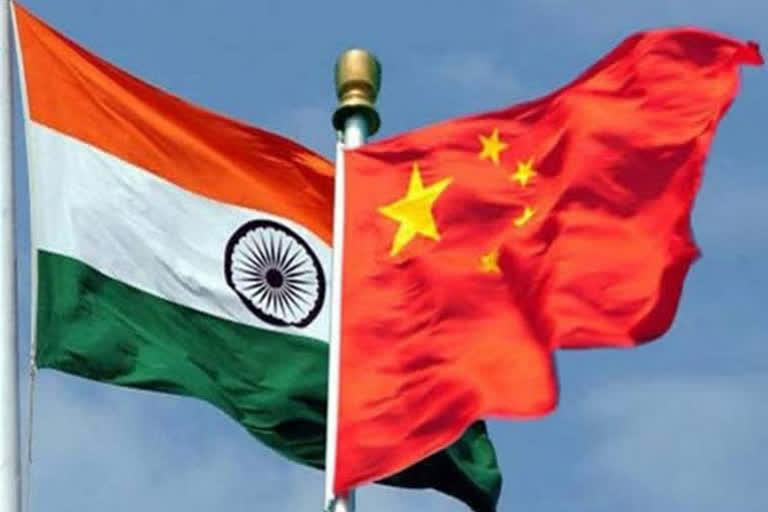New Delhi: Highlighting the challenges in India-China relations, India’s ambassador to Beijing Vikram Misri has pointed "shifting goalposts", "taking a one-sided view of concern and sensitivities", "viewing bilateral relations through the prism of relations with other countries", "pressing one’s concerns and disregarding the other side’s concerns", as some of the obstacles which could block progress.
“For long, the Indian and Chinese sides have adhered to a well-understood distinction between resolving the Boundary Question and managing border affairs," Misri said while speaking at the IDSA Sichuan University virtual dialogue last week. "The 1988 understanding between our leaders was precisely for keeping the resolution of the Boundary Question on track separate yet parallel to the bilateral relationship, with the maintenance of peace and tranquility as the prerequisite. The Special Representatives mechanism, the Agreement on Political Parameters and Guiding Principles of 2005 and the three-phase framework were all designed to work on the Boundary Question, which we agreed was a complex and sensitive issue requiring time to work through."
He said that the difficult and testing phase that began in early 2020 has by no means ended, adding that global challenges, such as tackling the pandemic, reviving economies and adapting to climate change and sweeping technological transformations, are still there.
“Concerns about terrorism in the region and the consequent threats to peace and security have once again emerged with the unravelling of the situation in Afghanistan and have seized the attention of several of its neighbours, including India and China. Finally, the effectiveness and representativeness of multilateral bodies in addressing some of these pressing issues remains an open question," Misri stated.
Also read:Rahul Gandhi slams Centre over India-China standoff
“I would argue that all these issues and challenges have only served to amplify the importance of India-China bilateral relations. It is for this reason that our leaders have agreed on several occasions that India-China bilateral relations are significant not only for our two countries but also for regional and global peace, prosperity and stability. When I go over the history of India-China diplomatic dialogue, this understanding appears as a perennial theme in that dialogue," he said, while adding that for two countries that are neighbours and also large and emerging economies, it is not unusual to have differences and problems.
The key question is how to deal with them and ensure that outcomes are informed by reasonableness, maturity and respect for the maintenance of peace and tranquility along the frontiers, he pointed out.
Following the disengagement in the Galway valley in July last year, the two sides were able to disengage from the north and south banks of the Pangong Lake in February 2021 and most recently from Gogra in August 2021.
“The conversation between the two sides continues regarding the remaining locations and we hope that disengagement at the remaining friction areas will enable us to reach a point where we can pick up the threads of bilateral cooperation”, the Ambassador said.
On the other hand, for managing border affairs daily, he said both sides evolved a mechanism, consisting of instruments such as the Working Mechanism for Consultation & Coordination on India-China Border Affairs (WMCC) and a succession of agreements, protocols and CBMs, to govern behaviour on the ground and ensure peace and tranquility.
